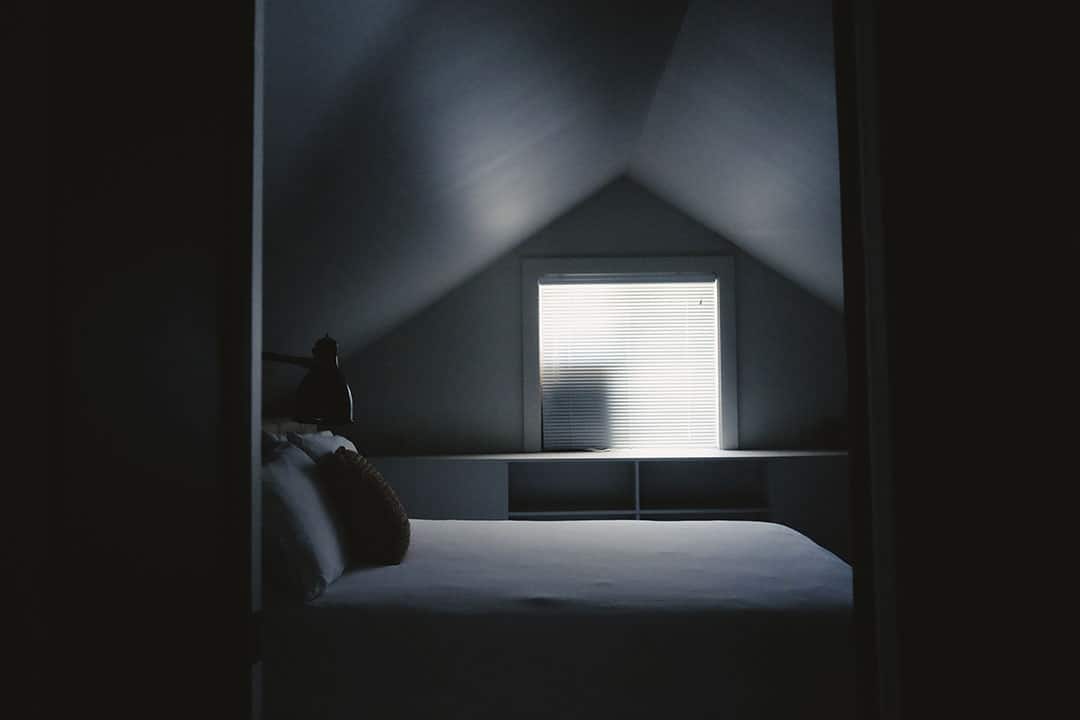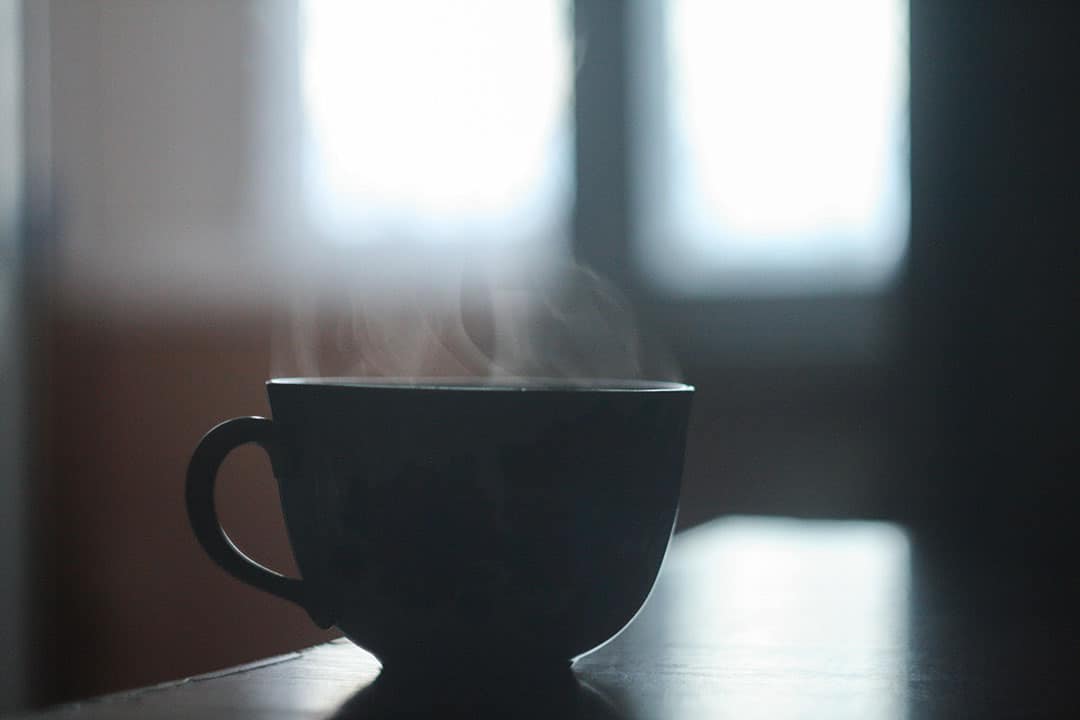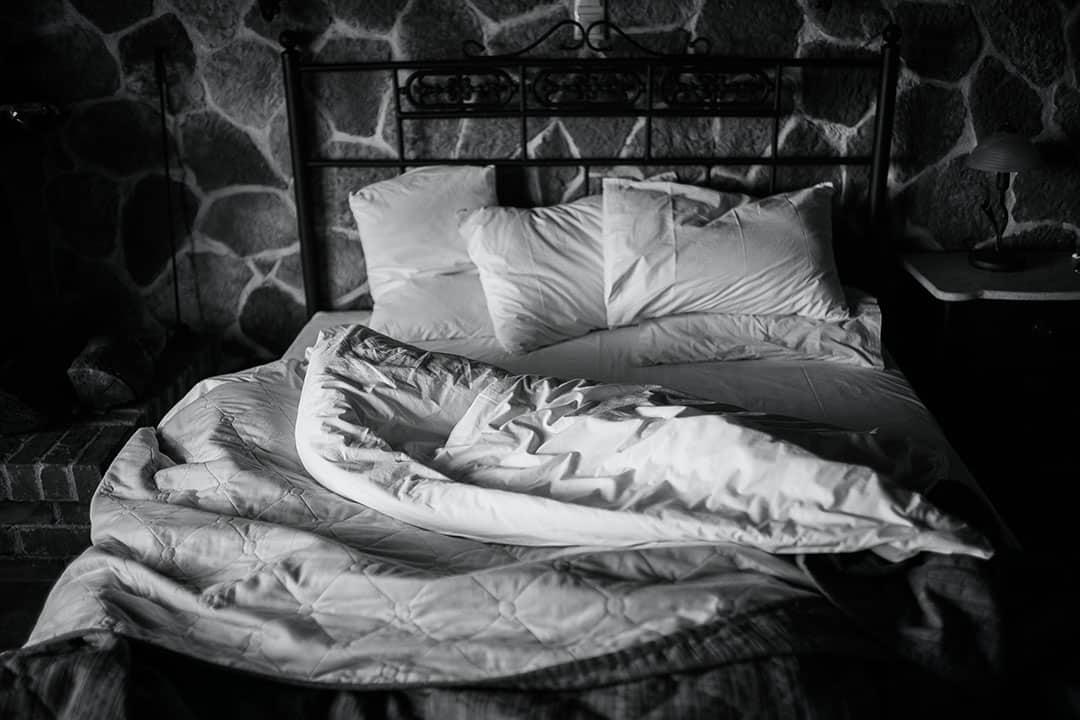Ever wondered about why you can’t sleep? Here are 6 sneaky reasons that Inspirited Minds can think of.
This month we explored in-depth the phenomenon that is sleep, including the importance of sleep, how it is positively and negatively related to our mental health, and how we should sleep in the ideal world. The reality, however, is that we do not live in an ideal world. Our world is created on the basis that everything interacts with and affects everything else – and this means that at any point in time there are numerous factors that can come in the way of us getting restful sleep.
So, here are six sneaky things that have a knock-on effect on our sleep:
1. Work
Having hectic working hours, night shifts or frequent travelling for work are all factors that can force us to stay awake during the hours of the night. This makes our internal biological clock change phases and try to acquire sleep during unnatural times of the day, which often results in insomnia, broken sleep or excessive sleepiness. If you find yourself nodding off at work, then it is probably because you are in between your sleep patterns changing and should definitely let your supervisor know as this can affect your effectiveness at work. It is possible to acclimatise to a new sleep-wake cycle during shift work or when you’re jet-lagged, but on day’s off or when you have social obligations it is easy for the system to become confused once more (Harvard Medical School, 2007). Continued disruption to our circadian rhythm can deprive us of adequate rest and repair.

2. Environment
Our body responds to the light in our environment most intrinsically via our eyes perceiving light and our circadian rhythm (internal body clock) being influenced by it. Our eyes have specialised cells that are sensitive to the colour and intensity of light, and that communicates with the brain about the time of day. In turn, our brain establishes our circadian rhythm and sleep patterns. When we are exposed to light late into the night, our body takes long to rest and our brain takes even longer to fall asleep. Other factors, like noise and temperature can also impact our ability to sleep. For some, having low-volume soothing sounds or very cold temperatures can help with falling asleep, but for others total silence and a particular temperature is required. This means that little things like keeping the bedroom light on, a bed-mate who snores, being in extreme hot/cold weather, or using the phone while in bed can all be deteriorating to our healthy sleep patterns.
3. Relationships
Another tricky thing that can definitely take a toll on our sleep is our relationship with others – whether it’s difficult friendships or bullies, strained family relationships, parental divorce/separation or moving to a new place. As humans, we thrive on other people’s positive opinion of us to feed our self-esteem and self-worth. This can mean that we continually try to impress others or want things to be perfect in our lives, and when it doesn’t work we are left reeling wondering how to make our social presence better again. Staying up at night doing this thinking and wondering can quickly become an unhealthy habit.
4. Unhealthy lifestyle
There are so many unhealthy lifestyle choices we can make that impacts our sleep in a negative way, such as drinking caffeine or sugary drinks in the evening, taking strong medications like antihistamines or antidepressants, having drugs or smoking during the night. All these things have substances that can stimulate or arouse us, causing us to stay awake for hours after consuming them. Take caffeine for example – this includes coffee and tea. Caffeine works by blocking certain receptor cells, called adenosine receptors, in the brain. These cells are responsible for sensing a chemical called adenosine which, when it builds up in our brain, drives us to sleep. Antidepressants, are known to cause insomnia during the night and antihistamines are known to cause excessive sleepiness for hours after taken. So, please be mindful of all the choices you make, as they can have a ripple effect in other areas of your life.

5. Medical problems
Certain medical conditions can cause discomfort during sleep, such as gastric reflux, premenstrual syndrome (PMS), chronic bodily pain, or arthritis to name a few. Experiencing these problems can limit our restful slow-wave sleep or cause us to keep waking up at odd hours of the night. Being in the hospital can also affect one’s sleep quality, especially when attached to multiple IV machines or being in a general ward. Some of these situations cannot be avoided, so try to use extra effort to ensure you obtain enough restful sleep, even if it means asking others to help you. Remember: there’s no shame in confiding in others and asking for help, we’re all human at the end of the day.
6. Stress or anxiety
A common symptom of experiencing stress/anxiety is having difficulty in sleeping, as the body is primed in this state to respond to potentially life-threatening or dangerous situations. This is called the Fight or Flight mode, when our bodily systems direct all our energy towards our muscles and increase blood flow to our brain so that we can respond to the source of potential danger. Even if we do manage to get some sleep during these times, it is unrestful and filled with distressing memories or nightmares (REM sleep). Sometimes, we can even wet the bed because of excessive stress and worry. Unless you deal with your source of stress or anxiety, sleep can become a luxury. For short-term, it would be helpful to try mindfulness, meditation or other relaxation techniques (Mind UK, 2017) to help you calm your mind and body before sleeping.

So, there’s a bunch of things that can put our health, or the health of others, at risk. But, taking certain steps towards a healthy lifestyle can have a real impact on our sleep. Check out our article on effective ways of sleeping for some superb tips on getting a healthy good night’s sleep.
Have you found any other sneaky things that can impact sleep?




